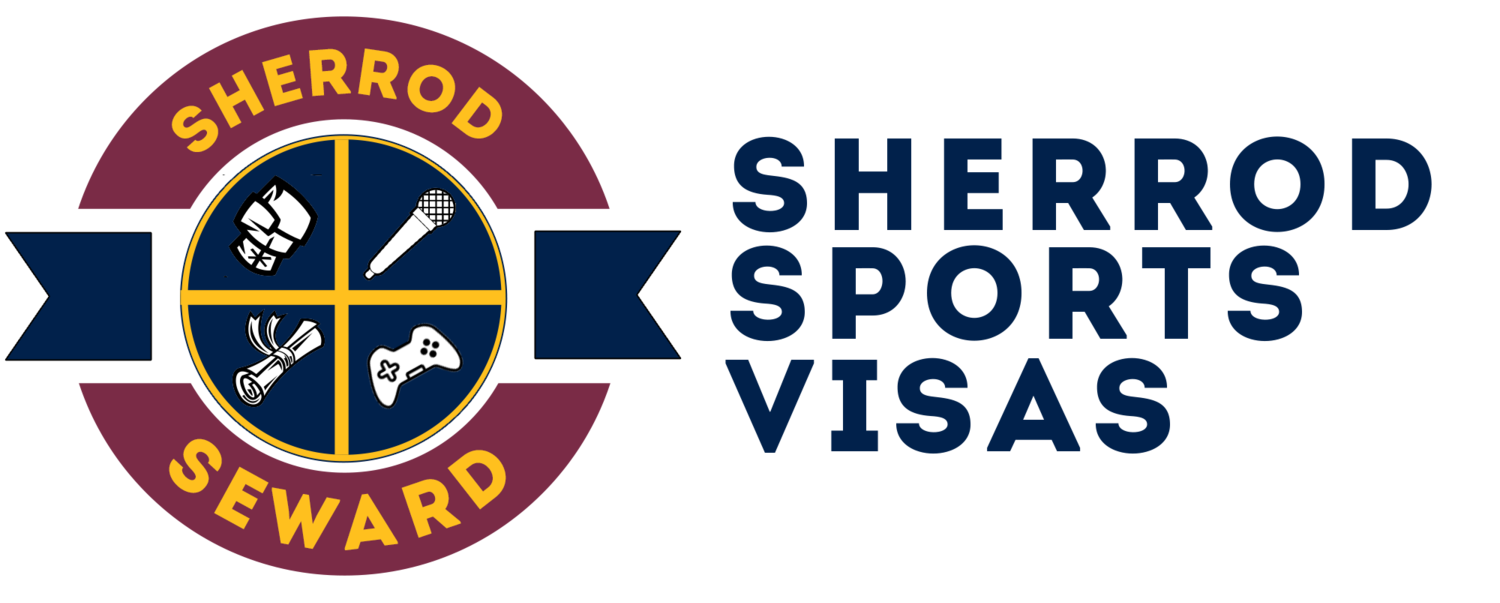P-1 and O-1 Visas for Professional Poker Players in 2022 and 2023
Sherrod Sports Visas will make an effort to increase the number of poker player visa petition services from 2022 going forward in 2023. In our experience, there is a shortage of information available compared to the need for quality news online regarding P-1 and O-1 visas in the poker and gambling sports industry as a whole.
Increasingly, there is becoming more of a crackdown on unauthorized work authorization and revocation of ESTA visas for professional gambling athletes, especially those in sports such as poker, where events can be broadcasted. Our goal is to be a resource to poker players, tournaments, sponsors, and broadcast partners to make sure the industry has security through knowledge of what visas are appropriate for their situation.
In most circumstances, this appropriate visa for a professional poker player is either a P-1 or an O-1 visa. Sherrod Sports Visas is one of the premier law firms in the United States for both of these categories and routinely files both visa categories on behalf of the best athletes in the World.
When do Poker Player’s require a work visa instead of a visitor visa or ESTA visa waiver?
It is only appropriate to play professional poker on a visitor visa or on ESTA visa waiver if the player will ONLY receive prize money. There cannot be any revenue to show up, broadcast bonuses, sponsorship payments, or other compensation that is not directly related to winning in the tournament or event. The consequences of getting this wrong and caught is a multiyear ban from travel to the United States based on unauthorized work. In addition, there are limitations on how often Custom and Border Protection will allow back to back travel on the visitor visa or ESTA visa waiver.
P-1 or O-1 visa? Which is more appropriate for a professional poker player?
Poker players are potentially eligible for both the P-1 and the O-1 visas. The question of which is the most appropriate depends on the documented skills and acclaim of the poker player and also the poker player’s plans over the course of the visa. On the initial filing, we typically seek 3 years on the P-1 visa (which can be attempted for 5 years but this is not recommended on the first visa attempt), so we anticipate the activities that will occur over the next three years.
P-1A Visa for Poker Players
The P-1A visa is appropriate for Poker players that only plan on competing in the United States. This visa requires the poker player to list an expected itinerary of activities which must require the participation of internationally recognized athletes. This is a vague concept that is actually very important. While the P-1A has less eligibility requirements than the O-1A, the itinerary portion of P-1 visas are far more complex than O-1 visas because there is no need to describe the events that require the participation of internationally recognized poker players.
We have been fortunate enough to do enough P-1 petitions to understand exactly how to present information on the sports biggest competitions to support P-1A approvals. The P-1 visa allows the player to receive revenue other than prize money such as salary and sponsorship activation.
We have been successful in the preparation of P-1 visas by providing information to establish eligibility from high placements on World Series of Poker events, international rankings from the global poker index, high placement on prestigious online tournaments, prize money statistics, and expert letters from other poker players.
For the itinerary, we presented information on the World Series of Poker and other world class poker events.
O-1A Visas for Poker Players
The O-1A visa is appropriate for poker players that plan to do much more than compete in tournaments. This is appropriate for poker players that want to coach, produce content, host seminars, open other businesses, and many other non-competition activities not supported by the P-1A visa. The O-1A is really one of only options for poker players that do not wish to continue competing.
Obtaining an O-1A is more difficult on eligibility than the P-1 because the eligibility requirements are more substantial and subjective. However, it is still very much possible for the top achieving and/or most popular poker players in the world to obtain the O-1A. The O-1A does not have to prove the athlete will be competing in competitions that require the participation of internationally recognized athletes which makes the itinerary portion of the petition much easier.
Navigating U.S. visa requirements? As a professional poker player, ensure you're playing by the rules. Choose Sherrod Sports Visas for expert guidance on P-1 and O-1 visas. Avoid costly mistakes and secure your career. For more information contact info@oaklg.com or request a Complimentary Free Evaluation.

